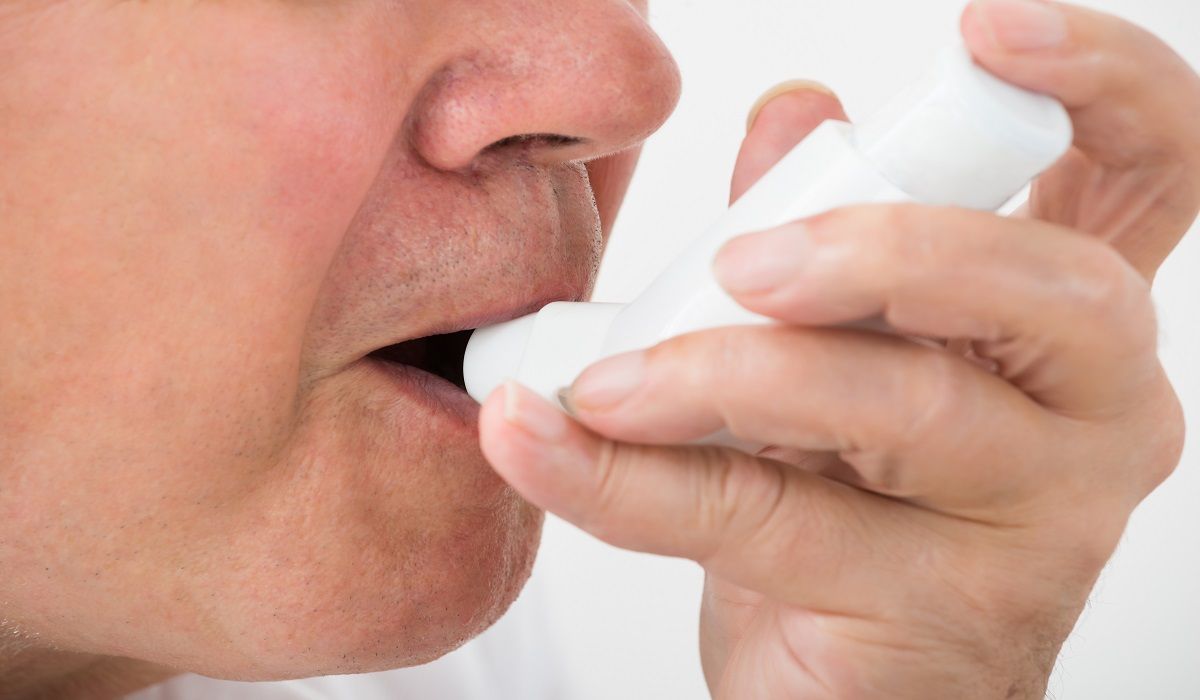Pharmacy-Supported Digital Medicine Program Improves Asthma Control
Late-breaking data presented at ERS Congress 2022 show that inhaler sensors and mobile health (mHealth) applications combined with pharmacist counseling improved treatment adherence for patients with uncontrolled asthma.

Late-breaking data presented at European Respiratory Society (ERS) International Congress 2022 show that inhaler sensors and mobile health (mHealth) applications combined with pharmacist counseling improved treatment adherence for patients with uncontrolled asthma. With better adherence and more efficient inhaler techniques, patients have the ability to improve asthma control.
Proper asthma control is typically achieved by adhering to treatment, but investigators put an emphasis on inhaler technique. The study aimed to evaluate the impact that a pharmacy-supported digital medicine program (DMP) would have when implemented in patients with uncontrolled asthma.
C. Onnis, Cagliari, Italy, and investigators conducted a randomized controlled trial (RCT) to determine if this multi-faceted approach could advance asthma treatment and serve as a reliable option for those with uncontrolled asthma.
Pharmacy-Supported Digital Medicine
This investigation consisted of a cluster randomized controlled trial that involved 18 community pharmacies that aggregated a series of data at patient enrollment, and subsequently at 1, 3, 5, and 7 months from an intervention group and a control. Included patients were living with poorly controlled asthma (ACT score < 20).
As part of the program, all patients participated in periodical face-to-face counseling with a pharmacist who informed on the importance of adherence and precise inhaler technique. Additionally, those in the intervention group also received an mHealth application, Respiro System, to use alongside their regular maintenance.
Controlling Uncontrolled Asthma
The findings indicated that this approach produced clinically meaningful improvements, as measured by patient ACT scores. Investigators observed an overall increase of 5.9 in the intervention group scores compared with 2.9 for the control group.
Results also showed that asthma control levels were related to cost data. Again, those in the intervention group had an average annual cost savings of €465.71 (p=0.04). Other improved results were revealed when compared to previously reported averages for this population in terms of 82% adherence, and 64% correct inhalation technique.
“The study demonstrates that combining inhaler sensors, mHealth applications, and pharmacist counseling can improve asthma control by improving adherence and inhaler technique to maintenance treatment for patients with uncontrolled asthma,” investigators concluded.